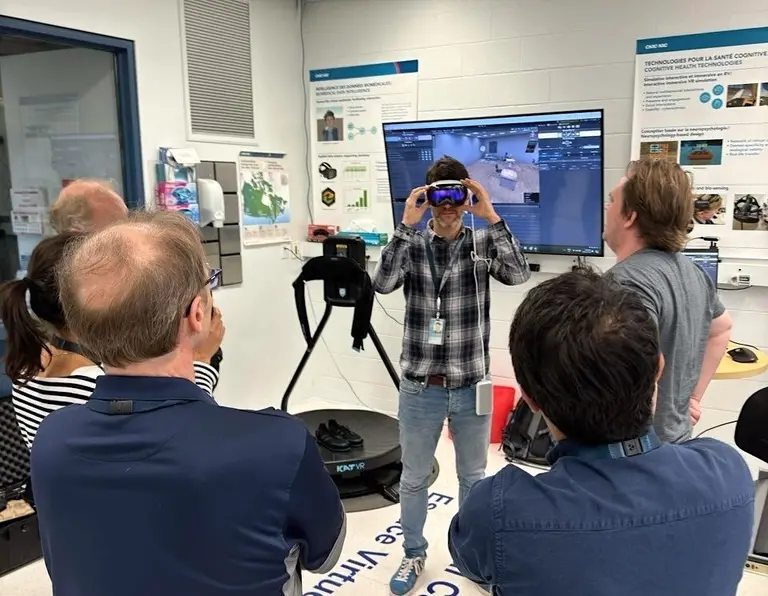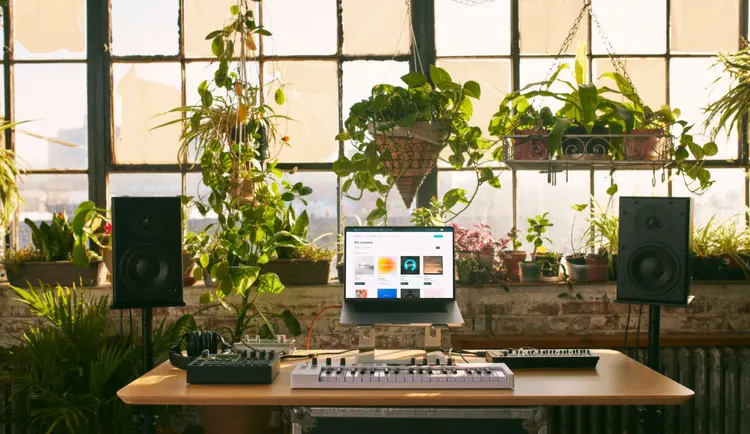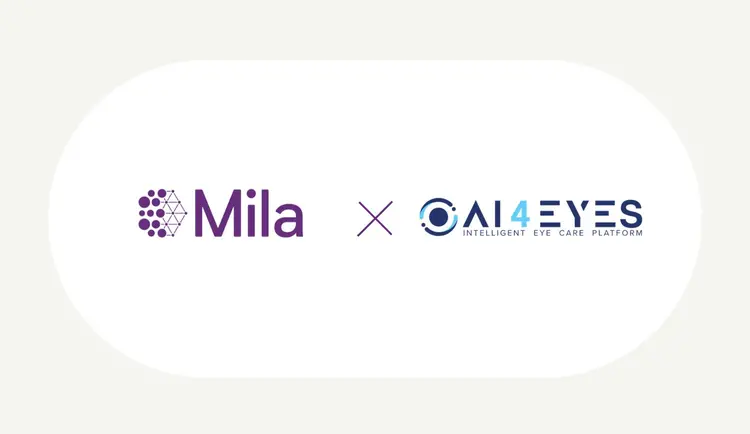
Cognitive health research is a field dedicated to understanding how our brains work when we think, remember, and learn as we go through life. When combined with medical research and rehabilitation science, that means studying how people behave as their health changes, their memory falters, or they undergo medical treatment.
This kind of research impacts millions of people every year, and can help inform doctors, patients, organizations and even governments how to better understand how our brains and behaviours work.
Yet a significant gap currently exists in this field of research: many of the study designs available to us are incredibly abstract and indirect. For example, researchers might ask participants or rehab patients to reflect on their own behavior through a questionnaire, such as by filling out a survey on how confident they are in their strength or balance when doing daily activities. Yet surveys and self-evaluations aren’t a fully reliable solution, as they depend on a person’s self-assessment, and rarely reflect real life. In an increasingly digitized world, these methods almost feel outdated.
What researchers really need is a way to directly test patients’ capabilities. Ideally, they’d have a way to put humans into standardized but realistic scenarios — like mice running through a maze and reacting to their surroundings — to collect data on how well they do and where they could improve. Unfortunately, setting up human-sized test environments simply isn’t realistic for most health researchers. But what if it was? What if we could conduct health assessments through life-sized simulations of real activities to collect high-quality health data? This question led researchers Kyla and Benjamin Alsbury-Nealy to create the Mila startup SilicoLabs.
An immersive innovation
To improve the collection and use of cognitive and behavioural data, Kyla and Benjamin founded SilicoLabs, a no-code virtual-reality (VR) and augmented-reality (AR) platform allowing researchers to design immersive simulations of real-world environments. Think of their platform like a VR game, but where researchers can run health assessments and collect comprehensive data, such as eye, hand, and movement-tracking data, to better study their cognitive and behavioural health.
This data can then be used to train and test embodied AI systems, as researchers can collect human behavioral data, train AI models, and then use the software to see how well those models generalize to new tasks. To the Alsbury-Nealys, this is crucial to bring the real world back into research, and research out into the real world: “If we want to have AI that transcends our screen and helps us in the real world, we have to be able to collect real-world actual human behavioral data.”

Exciting collaborations at Mila
In SilicoLabs’ early days, Mila professor Blake Richards introduced the researchers to Mila's research environment, startup ecosystem, and Entrepreneurship Lab. Despite the ambitious nature of their vision — larger tech companies were working on similar projects with greater resources — the Alsbury-Nealys impressed Richards with their initial product. His encouragement led them to join the Mila community, and he now serves on SilicoLabs' advisory board.
“I got involved with SilicoLabs because I was blown away by their software. It completely transforms the ability to run complex neuro-behavioural experiments in VR and AR,” Richards explains. “I believe it holds massive value for anyone seeking quantitative insights into human behaviour, whether they are scientific researchers, market research analysts, AI engineers, or clinicians. In addition to being one of their clients, I'm proud to say that I'm one of their advisors, and I'm very happy they are part of the Mila community.”
COO Kyla Alsbury-Nealy highlights the value of the support they have received from Mila. In fact, she notes how they were invited to so many events and connection opportunities with researchers, and drove so often between Toronto and Montreal, that they decided to move to Montreal to become part of the action full-time. SilicoLabs now has research collaborations with researchers at several universities, including McGill, UdeM and Concordia, and in their time at Mila, they have found an incredibly collaborative community.
“The research community in Montreal and at Mila specifically is very collaborative, very open and very cutting-edge,” Benjamin adds. “They’re genuinely excited to push the boundaries, which is very refreshing.”
Looking forward: towards greater impact
For now, SilicoLabs’ creative program is primarily being launched and licensed in the academic space to over 25 research labs, including at Stanford University, the Icahn School of Medicine, the Albert Einstein College of Medicine, the University of Cambridge, and KU Leuven. They want to make this software available to academic researchers and their labs, in order to promote and democratize innovation in health research spaces.
On the enterprise side, the Alsbury-Nealys have begun using their platform for product and customer experience testing for large international brands. Another path they’re exploring is in biotech, using their software to develop new outcome measures for evaluating the effectiveness of therapeutics, including those targeting cognitive impairment or low vision.
Ultimately, SilicoLabs is committed to making an impact in the AI and health space. Their first objective is to bridge the gaps that currently exist in cognitive health research and to put AI to use in health research, developing AI systems that study and mimic human behaviours in a safe and responsible way.
The second is to help researchers around the world conduct the kind of groundbreaking, transparent research that, until recently, only major tech companies had the resources to do. By licensing their software in the academic space, SilicoLabs aims to democratize the research and development of human-like AI, building better research tools that make cutting edge technology more accessible to researchers.





